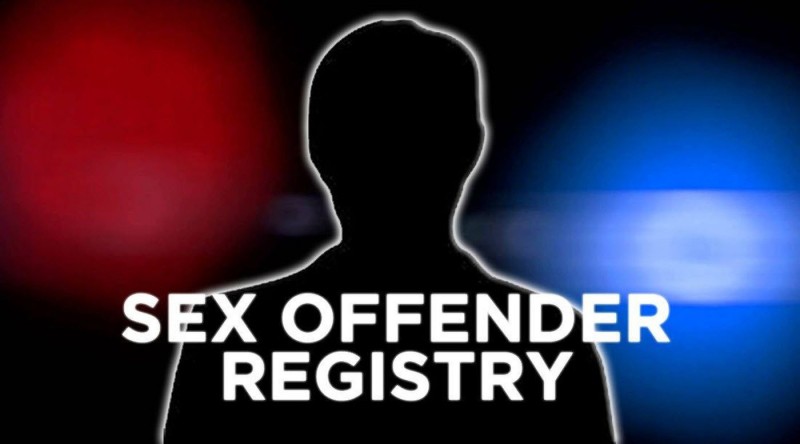Sex offenders' register in the offing
Nnasaretha Kgamanyane | Monday June 24, 2019 16:33


Speaking at the ongoing 14th Meeting of the third Ntlo-Ya-Dikgosi yesterday, Mogami said government has realized that to facilitate the creation of a Sex Offenders Registry, there should be a law that regulates administration of the proposed register also details the protection of children and other vulnerable persons. That should be against sexual abuse and violation; including by those they trust or their care has been entrusted.
“This is a matter of national importance and urgency because of the staggering statistics that reflect high numbers of rape, pedophilia and similar sexual violence . These happen among children, particularly young girls without necessary excluding boys. The escalating rate at which the sexual abuse occur to children calls for urgent intervention through legislation to move toward establishing a Sex Offenders Registry,” she emphasized.
She further explained that the registry would also allow the public access detailed information on sex offenders and therefore prevent them from interacting with children and vulnerable persons (people with disabilities and the elderly).
The proposed bill seeks to consolidate all sexual offence laws such as rape, defilement, indecent assault, child pornography, child sexual exploitation and others. It will also create a Sex Offenders Registry at the High Court and ban sexual abuse offenders from working in institution that deal with children as well as those for people living with disabilities such as persons with mental infirmities.
Mogami stated that the Act requires that a person convicted of an offence under the it discloses his conviction when applying for employment. She said it also ensures that vulnerable witnesses are provided with protective measures. She explained that vulnerability might be on account of age, intellectual or psychological impairment, trauma, language, and possibility of intimidation that mostly includes child witnesses.
“It is acknowledged that Sex Offenders Register by itself will not be a solution for the social ill of escalating sexual offences. However, when coupled with other intervention measures such as heightened public education targeting potential victims and offenders, the register will be a deterrent that will significantly reduce sexual offences especially against children and other vulnerable persons,” she noted.
She stated that in Botswana, various pieces of legislation such as the Penal Code, Children ‘s Act, Education Act, Employment Act to name a few, attempt to address the social ill of sexual abuses and violations. However, for consistency, ease of administration and enforcement, it is necessary to address all sexual offences under a specific and targeted piece of legislation to be termed the Sexual Offences Act.
However, the Act also allows for the offender to be removed from the registry after he gets confirmation from both the prison officers and the kgosi that he has reformed. Mogami explained that the procedure is not done immediately after the offender was released. She said that particular person had to be integrated into the community before his plea can be processed which also needs a lot of investigation.
For his part, Kgosi Tshipe Tshipe of Mahalapye asked wanted to know what would happen if an offender repeats an offense after being removed from the registry. Kgosi Nametso Kopelo of Mahalapye Region expressed his concern over the government losing a lot of money for compensation of accused persons convicted whilst innocent.
“Rape is a very serious offense. Being put in registration will be the end of an offender’s life. Cases of rape are not the same. What if a person rape a victim by mistake? Isn’t this worry you that after being put in that register an accused might not be able to find a job?” he asked.
The accounting officer stated that re-offenders would be registered and it would not be easy to remove them from the register after repeating the same offence. She said the Act was meant to protect victims.
